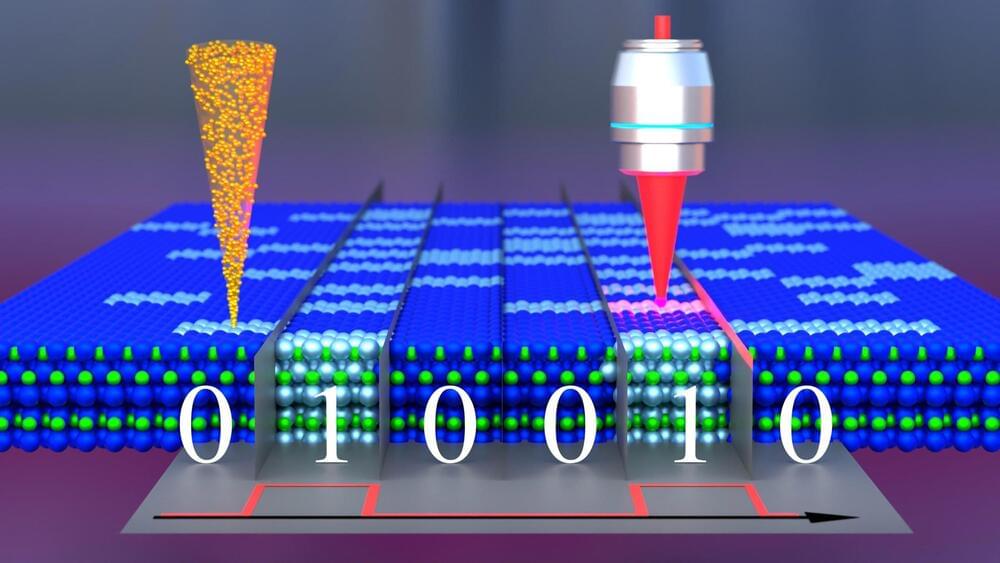Team presents new path to long-term data storage based on atomic-scale defects.
With the development of the internet, social media, and cloud computing, the amount of data created worldwide on a daily basis is skyrocketing. This calls for new technologies that could provide higher storage densities combined with secure long-term data archiving far beyond the capabilities of traditional data storage devices. An international research team led by the Helmholtz-Zentrum Dresden-Rossendorf (HZDR) now proposes a new concept of long-term data storage based on atomic-scale defects in silicon carbide, a semiconducting material. These defects are created by a focused ion beam, providing high spatial resolution, fast writing speed, and low energy for storing a single bit, as the team reports in the journal Advanced Functional Materials.
Latest estimates assume around 330 million terabytes of new data created each day, with 90 percent of the world’s data generated in the last two years alone. If the sheer numbers already suggest the need of advanced data storage technologies, it is by no means the only problem associated to this development. “The limited storage time of current storage media requires data migration within several years to avoid any data loss. Besides of being trapped in perpetual data migration procedures, this substantially increases the energy consumption, because a significant amount of energy is consumed in the process,” says Dr. Georgy Astakhov from the Institute of Ion Beam Physics and Materials Research at HZDR.
